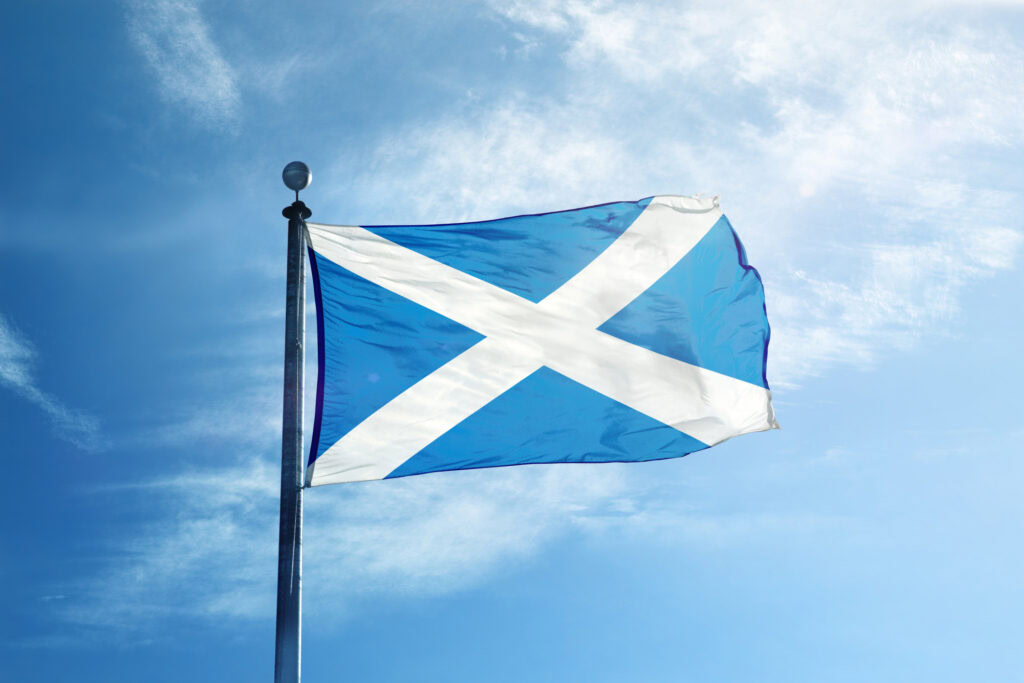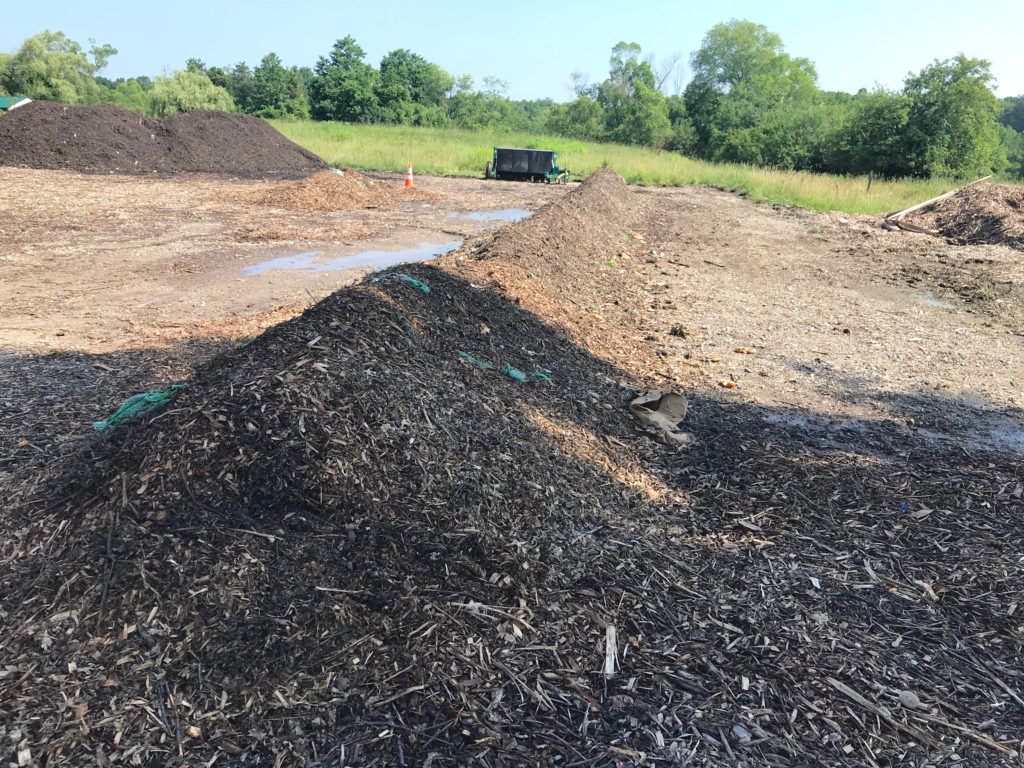Liz Parkes, the Agency's head of waste, urged Defra and BERR to lead from the front as she fielded questions yesterday from a House of Lords sub-committee inquiry into waste reduction.
This is a good time for government to be very clear on who is leading.
Liz Parkes, Environment Agency
She explained that householders and the business sector needed clearer guidance from the Departments of Environment, Food and Rural Affairs (Defra) and Business, Enterprise and Regulatory Reform (BERR), saying: “With the waste strategy, there is room for clarification for the way forward. We are looking forward to see what's going to be delivered by who and when.”
“This is a good time for government to be very clear on who is leading,” she continued.
Ms Parkes said that while the Environment Agency was clear on its role as a regulator and policy advisor to Defra, certain waste reduction initiatives were outside its remit.
She explained to the Lords science and technology committee members, that BERR had a major role to play when it came to improving the design of products to make them more efficient and less wasteful.
Life Cycle
During the hearing yesterday, the Environment Agency head of waste welcomed the government's plans to set up a new products and materials unit to identify ways to improve the environmental performance of products across their life cycle.
A progress report into this unit had been scheduled for publication in spring 2008, although this could now be delayed.
Ms Parkes highlighted the Agency's role in waste reduction, particularly with businesses.
According to the organisation's research, around one third of material on construction sites goes to waste because companies over-purchase. The Agency has helped draw up targets with industry to reduce waste by 15% between 2006 and 2011.
The Agency's initiatives to do this include devising Sector Plans for a number of industries including cement and chemicals, to help companies reduce waste. And it has set up a National Customer Contact Centre to provide advice.
Protocols
Ms Parkes hailed the Quality Protocol programme as one of the most crucial initiatives to reduce waste across Europe.
She said: “The real debate at European level is end of waste and something ceases to become a waste.”
The protocols set down when a waste stream can be reclassified as a product instead of a waste. They aim to cut through red tape and make recycled material more marketable.
In the UK, a Protocol has been already been established for compost and proposals for five other materials, including non-packaging plastics, have been put out to consultation (see letsrecycle.com story).
Ms Parkes said: “We think they are valuable in terms of energy use and in stopping the excavation of new products.” But she asked committee members: “Can we work with the sector to stop it being a waste before it even gets to this stage?”
The Agency's head of waste said she hoped the revised Waste Framework Directive, currently being negotiated in Europe, would favour the Protocol programme.
She explained: “We don't want to see change for the sake of change but we want greater clarity on end of waste criteria and an endorsement of the approach we have been taking.”
She added: “We don't want to see great prescriptiveness in the Waste Framwork Directive as we don't want to see regulation as a barrier to more sustainable use of resources.”
The Lords sub-committee for science and technology aims to publish its report on the waste reduction inquiry in summer 2008.
Two oral evidence sessions have already taken place – in November and December – with another due to be heard on January 15.









Subscribe for free